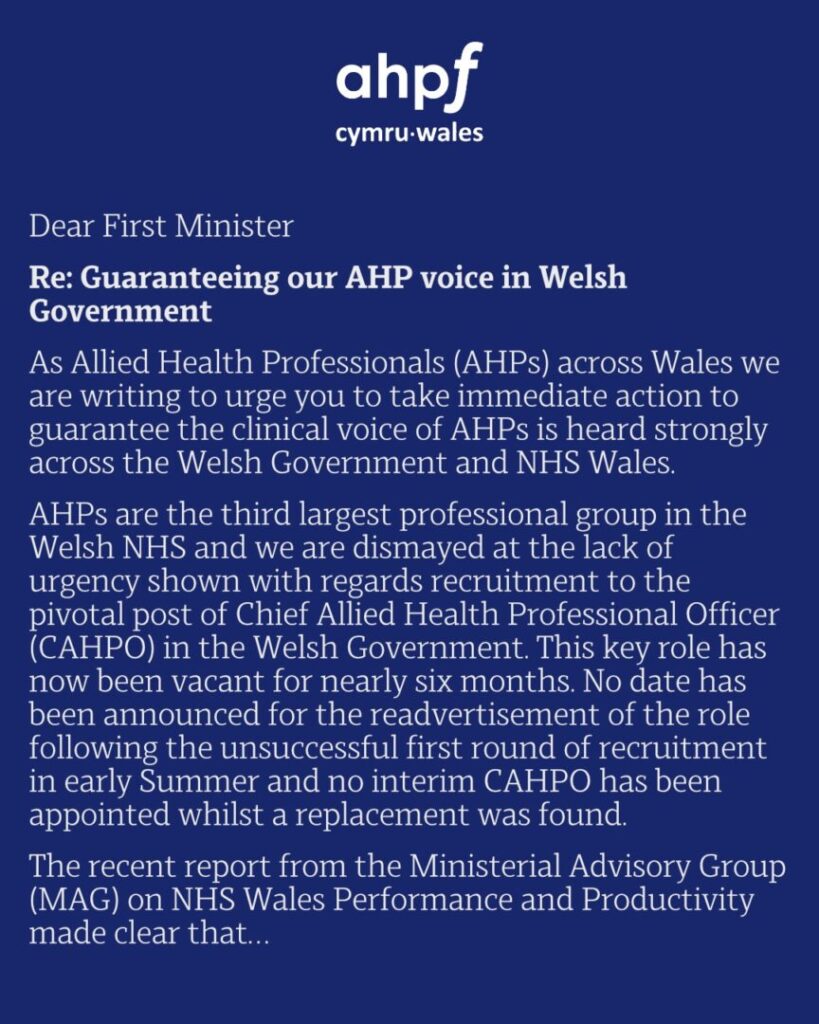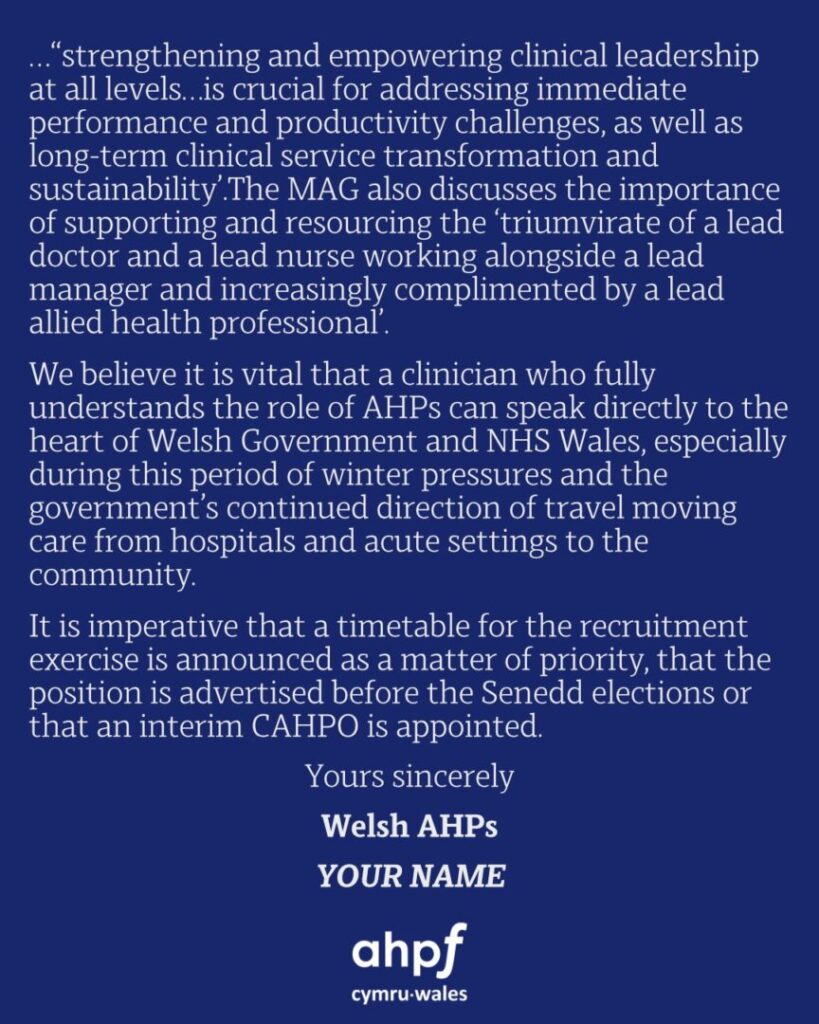
Orthopaedic treatment and care in times of crisis
OTWorld 2026 provides impetus for crisis-proof care structures
As the world’s most important meeting place for modern orthopaedic treatment and care, OTWorld 2026 will put key future issues in healthcare on the agenda. From 19 to 22 May 2026 in Leipzig, the OTWorld World Congress will address the question of how orthopaedic treatment and care can be reliably provided in times of crisis and conflict. The focus will be on supply chains that enable people to remain mobile, self-determined and involved even under exceptional circumstances.
Crisis and conflict situations place special demands on healthcare systems. Injuries require effective acute care, early, quality-assured medical aids, and closely linked rehabilitation. Orthopaedic treatment thereby often begins in the acute phase, accompanies the transition to rehabilitation and forms the basis for the long-term effectiveness of therapeutic measures. This creates continuous care pathways that promote a return to a self-determined life.
Proactively strengthening supply chains
The congress specifically addresses this systemic perspective. In a symposium on rehabilitation in conflict situations, experts from the fields of medicine, rehabilitation and care practice will discuss how supply chains can be made resilient and how phase-related and cross-sector treatment pathways can be successfully implemented even when there are large numbers of seriously injured people. Topics include preparation for emergencies, accelerated rehabilitation concepts in exceptional situations, and the transition from joint replacement implants to external prostheses after amputation.
Another symposium will emphasize the European perspective. The focus will be on surgical approaches to treating war injuries, strategic considerations for civil-military cooperation, and the further development of prosthetics and orthotics in highly fluctuating care conditions.
Prosthetics and orthotics as a cornerstone of modern care
As the world’s largest meeting place for modern orthopaedic treatment and care, OTWorld makes it clear that prosthetics and orthotics are a central component of efficient healthcare systems. Prostheses, orthoses and wheelchairs support mobilisation from the outset and enable rehabilitation, participation and quality of life. The value of interdisciplinary and internationally networked care structures is particularly evident in times of crisis and conflict.
Training meets practice and market
The congress focuses on three main topics: rehabilitation, training and integrative care. The programme is complemented by contributions on prosthetics, orthotics, orthopaedic footwear technology, compression therapy, digital transformation, medical aid research and global care strategies. It thus brings together the entire range of training opportunities for all those involved in orthopaedic treatment and care under one roof.
International Trade Show with a global perspective
Parallel to the World Congress, the International Trade Show showcases the entire spectrum of modern orthopaedic treatment and care – from innovative technologies and products to practical solutions for different care settings.
A special focus is on prosthetic care after amputation. OTWorld offers a globally unique overview of the corresponding care options: prosthesis manufacturers present their solutions as well as concepts for different care realities – even under difficult conditions in crisis regions.
Experienced care centres introduce themselves and share their practical experience, including Superhumans from Kiev, Ukraine, with insights into the care of war wounded. Aid projects such as Pro Uganda also provide insights into their work and show how sustainable care structures can be established in different regions.
In addition, organisations that train specialists and that are urgently needed locally in the provision of medical aids, including Human Study e.V., will be presenting themselves. They will illustrate how training, knowledge transfer and international cooperation contribute to strengthening supply systems in the long term.
The World Congress and Trade Show combine further training, exchange and market overview, making OTWorld the central meeting place for all players in the field of orthopaedic treatment and care.
Access to OTWorld 2026
The ticket shop for OTWorld 2026 is now open. OTWorld full tickets (OTWorld COMPLETE) are available, which include access to the World Congress and the International Trade Show. An early bird rate is available until 31 March, offering savings of up to 80.00 EUR. Discounted day tickets are further available for pupils, students and trainees – with a reduced OTWorld COMPLETE ticket at 89.00 EUR and a reduced OTWorld TRADE SHOW ticket at 21.00 EUR (valid proof of eligibility must be presented). A special Trade Show Group ticket at a reduced ticket price of 29.00 EUR can be recommended for visitor groups with a minimum of four attendees who would like to attend the International Trade Show, including all workshops (exhibitor and congress workshops). Separate two-day tickets are also available for participants of the Youth Academy for Technical Orthopaedics (JA.TO). An early bird rate with a saving of 10.00 EUR is available until 31 March.
Further information on the congress programme is available online here. The ticket shop can be accessed here.
Further information
About OTWorld
About Leipziger Messe
Press contacts:
Anja Hummel
Press Contact for OTWorld
Leipziger Messe GmbH
Phone: +49 (0)341 678-6528
Email: a.hummel@leipziger-messe.de
Ruth Justen
Press Contact for OTWorld and
German Association of Orthopaedic Technology (BIV-OT)
Phone: +49 (0) 231 5570-5052
Mobile: +49 (0) 151 2805-2860
E-Mail: ruth.justen@biv-ot.org




